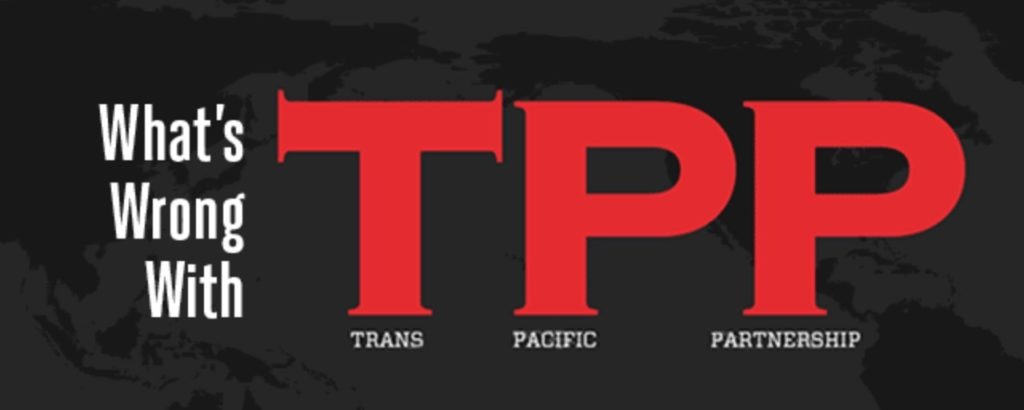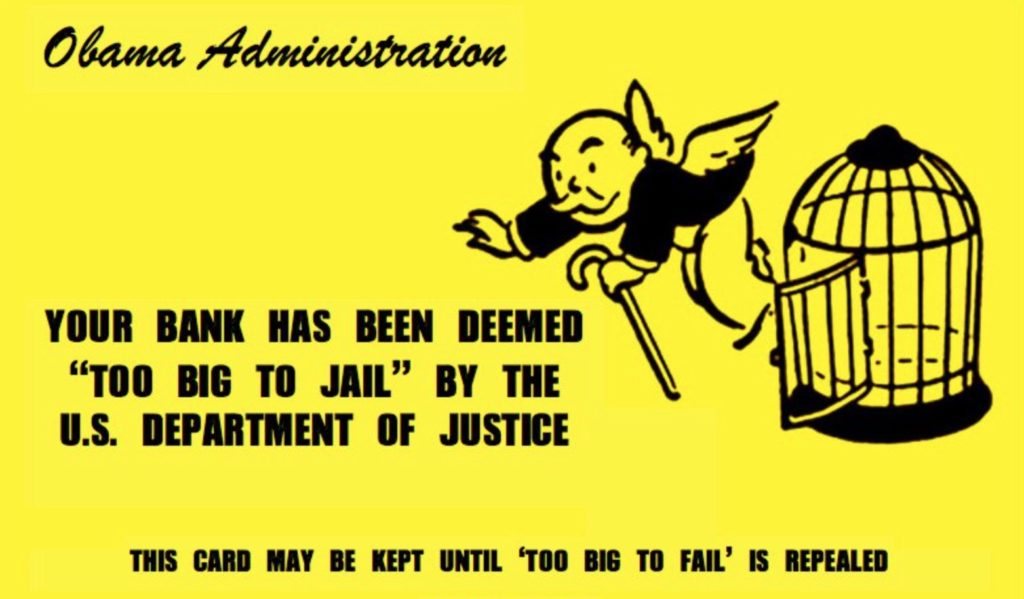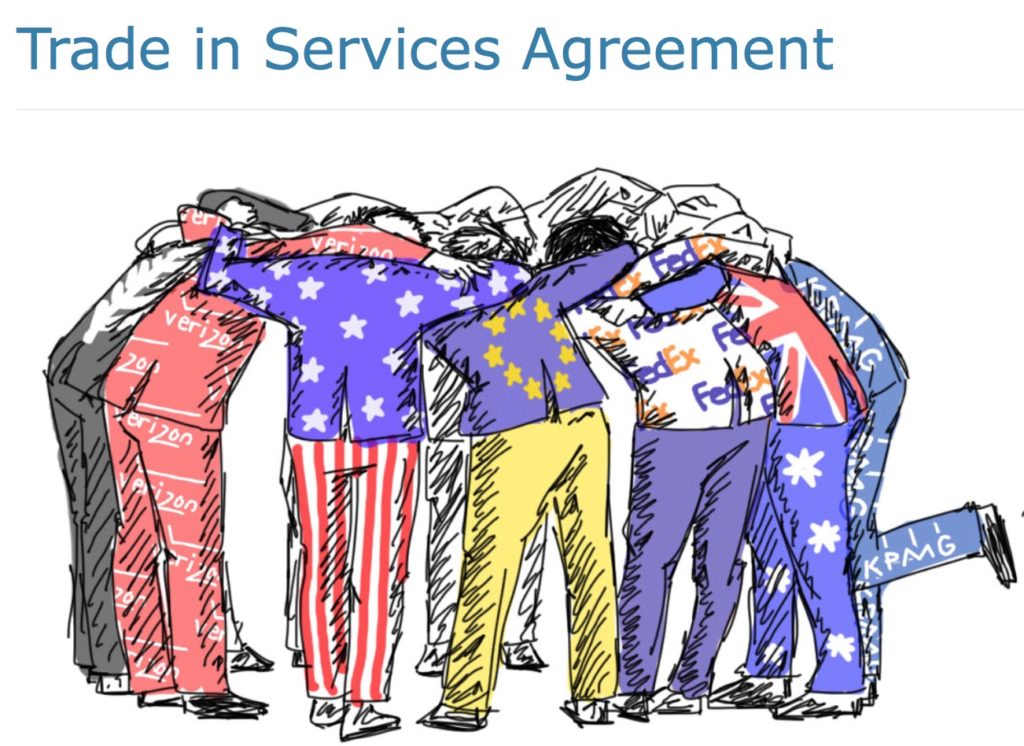
The United States is in the final stages of negotiating the Trans-Pacific Partnership (TPP), a massive free-trade agreement with Mexico, Canada, Japan, Singapore and seven other countries. Who will benefit from the TPP? American workers? Consumers? Small businesses? Taxpayers? Or the biggest multinational corporations in the world?
One strong hint is buried in the fine print of the closely guarded draft. The provision, an increasingly common feature of trade agreements, is called “Investor-State Dispute Settlement,” or ISDS. The name may sound mild, but don’t be fooled. Agreeing to ISDS in this enormous new treaty would tilt the playing field in the United States further in favor of big multinational corporations. Worse, it would undermine U.S. sovereignty.
ISDS would allow foreign companies to challenge U.S. laws – and potentially to pick up huge payouts from taxpayers – without ever stepping foot in a U.S. court. Here’s how it would work. Imagine that the United States bans a toxic chemical that is often added to gasoline because of its health and environmental consequences. If a foreign company that makes the toxic chemical opposes the law, it would normally have to challenge it in a U.S. court. But with ISDS, the company could skip the U.S. courts and go before an international panel of arbitrators. If the company won, the ruling couldn’t be challenged in U.S. courts, and the arbitration panel could require American taxpayers to cough up millions – and even billions – of dollars in damages.
If that seems shocking, buckle your seat belt. ISDS could lead to gigantic fines, but it wouldn’t employ independent judges. Instead, highly paid corporate lawyers would go back and forth between representing corporations one day and sitting in judgment the next. Maybe that makes sense in an arbitration between two corporations, but not in cases between corporations and governments. If you’re a lawyer looking to maintain or attract high-paying corporate clients, how likely are you to rule against those corporations when it’s your turn in the judge’s seat?
– From Sen. Elizabeth Warren’s Washington Post Op-Ed: The Trans-Pacific Partnership Clause Everyone Should Oppose
Trying to learn about the Trans-Pacific Partnership, or TPP, is like trying to walk through a minefield. The only information we really have is courtesy of leaks, and those snippets are definitely not encouraging.
Pretty much every piece of major legislation passed by Congress since 9/11 is either a taxpayer giveaway to mega corporations, or a major expansion of government power. The worst pieces of legislation are always marketed with positive sounding terms and soundbites. The latest swindle is no exception. At its core, the TPP appears to be nothing more than a ceding of national sovereignty to multi-national corporations. Then again, us skeptics could be wrong about that, but chances are we’re not. We just don’t know because the text is “classified.”
Read more
Follow me on Twitter.






